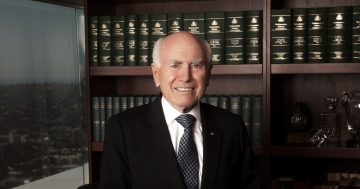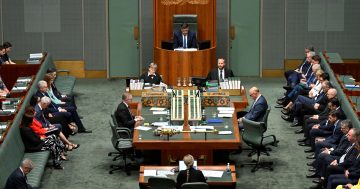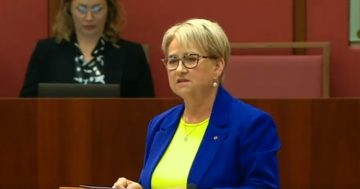UNITED KINGDOM
 There were only six instances of non-disclosure agreements (NDAs) signed between Ministries and Public Servants since 2015, Members of Parliament have been told.
There were only six instances of non-disclosure agreements (NDAs) signed between Ministries and Public Servants since 2015, Members of Parliament have been told.
In a hearing before the Women and Equalities Committee on the use of NDAs in discrimination cases, the Government’s Chief People Officer, Rupert McNeil said the largest instance was when 76 employees agreed to sign NDAs as part of the settlement of a pay dispute.
The 76 worked for an unnamed arm’s-length body.
Mr McNeil said the agreements were designed to prevent the release of details of the size of the pay award, not to stop news of a pay award having taken place.
He said two of the NDAs followed allegations of discrimination and were signed soon after the Cabinet Office published toughened guidance on the use of NDAs in the Public Service in 2015. Prior to 2013 the use of NDAs was not tracked.
Mr McNeil said the guidance was very specific about how NDAs (referred to as confidentiality clauses in Government circles) should be used.
“It stipulates they should not be used to cover up organisational failure or to prevent whistle-blowers from speaking out,” Mr McNeil said.
“We are very clear in the guidance that it in no way blocks public interest disclosures, anyone’s whistle-blowing rights or anything similar.”
He said that asking someone who had made a complaint of sexual harassment to sign an NDA would be totally unacceptable.
“If you want to create an inclusive culture and you want to create a safe workplace for people, I don’t think NDAs are a particularly helpful tool,” Mr McNeil said.
He also revealed that the Public Service did not keep centralised data on why people left the organisation, beyond senior personnel, and that he hoped no one had left because of discrimination.
“The percentage who report bullying, harassment and discrimination varies, but it is in the region of between 10 per cent and 15 per cent. From our perspective, and the perspective of the Civil Service and its leadership, that is too high,” Mr McNeil said.
London, 21 February, 2019











